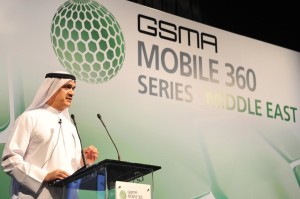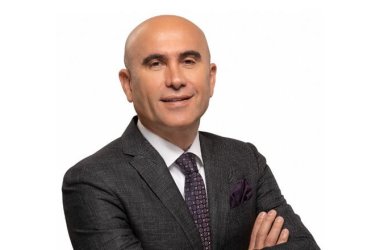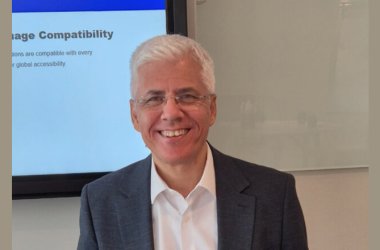 Etisalat has signed a Network Infrastructure Sharing Memorandum of Understanding (MoU) with seven of the largest mobile network groups operating in the Middle East and Africa.
Etisalat has signed a Network Infrastructure Sharing Memorandum of Understanding (MoU) with seven of the largest mobile network groups operating in the Middle East and Africa.
As part of the MoU, Etisalat Group will explore commercially negotiated agreements on passive infrastructure sharing, and where feasible, from both technical and regulatory perspectives, active infrastructure sharing with Bharti Airtel, MTN Group, Ooredoo Group, STC Group, Orange, Vodafone Group and Zain Group.
The MoU is intended to form a platform for other initiatives with operators outside this initial group.
Ahmad Abdulkarim Julfar, Chief Executive Officer, Etisalat, said, “Etisalat Group is pleased to enter into this first-of-its-kind infrastructure sharing MoU with mobile operators from the region and beyond. It is a big step forward for the industry and in our endeavour to making telephony available to large sections of the population in emerging markets, thereby improving people’s quality of life and helping economic growth. It will also help Etisalat to become the leading and most admired emerging markets telecom group in the world.”
The multi-operator cooperation is an outcome of discussions finalised during the recent GSMA Mobile World Congress in Barcelona, Spain. It recognises the need for telecom operators to further optimise capital and operational expenditures as well as increase the penetration of mobile voice and data services to a wider spectrum of customers.
Through this understanding, Etisalat Group aims to reduce its expenditure and environmental impact while improving its network coverage in the Middle East, Asia and Africa.
On support from governments, Julfar said, “A favourable national policy environment is fundamental in supporting such initiatives for infrastructure sharing. We look to governments to share the responsibility to achieve our collective economic and operational goals.”
“We are greatly encouraged by the shared vision of mobile operators and the common urgency to find solutions that will drive down the cost of mobile and Internet services and help connect the unconnected,” said Anne Bouverot, Director General, GSMA. “Unique mobile subscriber penetration is only 40 per cent in Africa and the Middle East, lower than the global average of 47 per cent, so we need to work together to expand the reach of mobile.”
Etisalat has operations in 15 countries in the Middle East, Asia and Africa, and services nearly 150 million customers across its international footprint.





